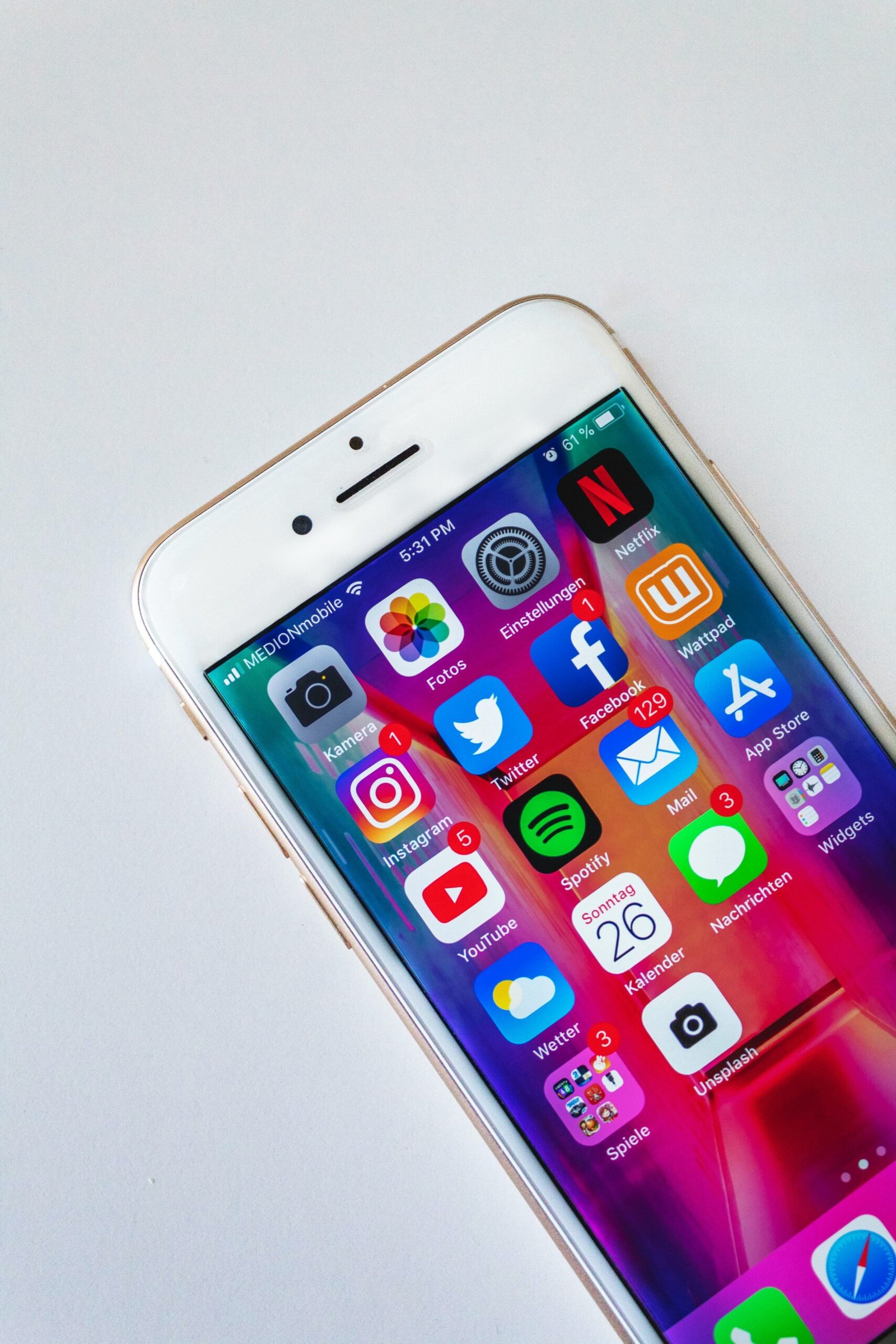In today’s digital age, social media and other data collecting companies have become an integral part of our lives. These platforms offer us a way to connect, share, and stay informed. However, it is important to be cautious of how our data is being used by these companies, as their practices can have a detrimental effect on our mental health.
One of the primary goals of social media and data collecting companies is to keep users engaged and spend more time on their platforms. They achieve this by employing various techniques that exploit the vulnerabilities of the human brain. By understanding our preferences, interests, and behavior patterns, these companies can tailor content and advertisements specifically to us, increasing the likelihood of our continued engagement.
While this may seem harmless at first, the consequences can be severe. The constant exposure to carefully curated content can lead to a distorted perception of reality. Our brains are programmed to seek out information that confirms our existing beliefs and preferences, creating an echo chamber effect. This can lead to a reinforcement of biases, isolation from differing perspectives, and a breakdown of critical thinking skills.
Moreover, the algorithms used by these platforms are designed to maximize our attention and trigger emotional responses. This can result in a constant stream of emotionally charged content, which can be overwhelming and contribute to anxiety, depression, and other mental health issues. The constant comparison to others’ highlight reels can also lead to feelings of inadequacy and low self-esteem.
Another concern is the manipulation of our data for targeted advertising. Our personal information, such as browsing history, location, and demographic details, is collected and analyzed to create detailed user profiles. This data is then used to deliver personalized ads that are specifically designed to appeal to our desires and trigger impulsive behavior. This can lead to excessive spending, addictive tendencies, and financial strain.
It is crucial to be aware of these practices and take steps to protect our mental well-being. Here are some tips:
1. Limit screen time:
Set boundaries for yourself and allocate specific time slots for social media and other digital activities. This will help prevent excessive exposure and allow for a healthier balance between online and offline life.
2. Diversify your sources of information:
Seek out different perspectives and opinions by following a variety of sources. This will help counteract the echo chamber effect and promote critical thinking.
3. Review privacy settings:
Regularly review and update your privacy settings on social media platforms. Be mindful of the information you share and consider adjusting your preferences to limit data collection.
4. Take breaks:
Periodically disconnect from social media and other digital platforms. Use this time to engage in activities that promote relaxation, creativity, and face-to-face interactions.
5. Practice digital detox:
Consider participating in digital detox challenges or setting aside designated periods of time where you completely disconnect from technology. This can help reset your brain and reduce dependency on social media.
It is important to remember that while social media and data collecting companies have their benefits, they also have the potential to negatively impact our mental health. By being aware of these risks and taking proactive steps to protect ourselves, we can navigate the digital landscape more mindfully and maintain a healthier relationship with technology.





